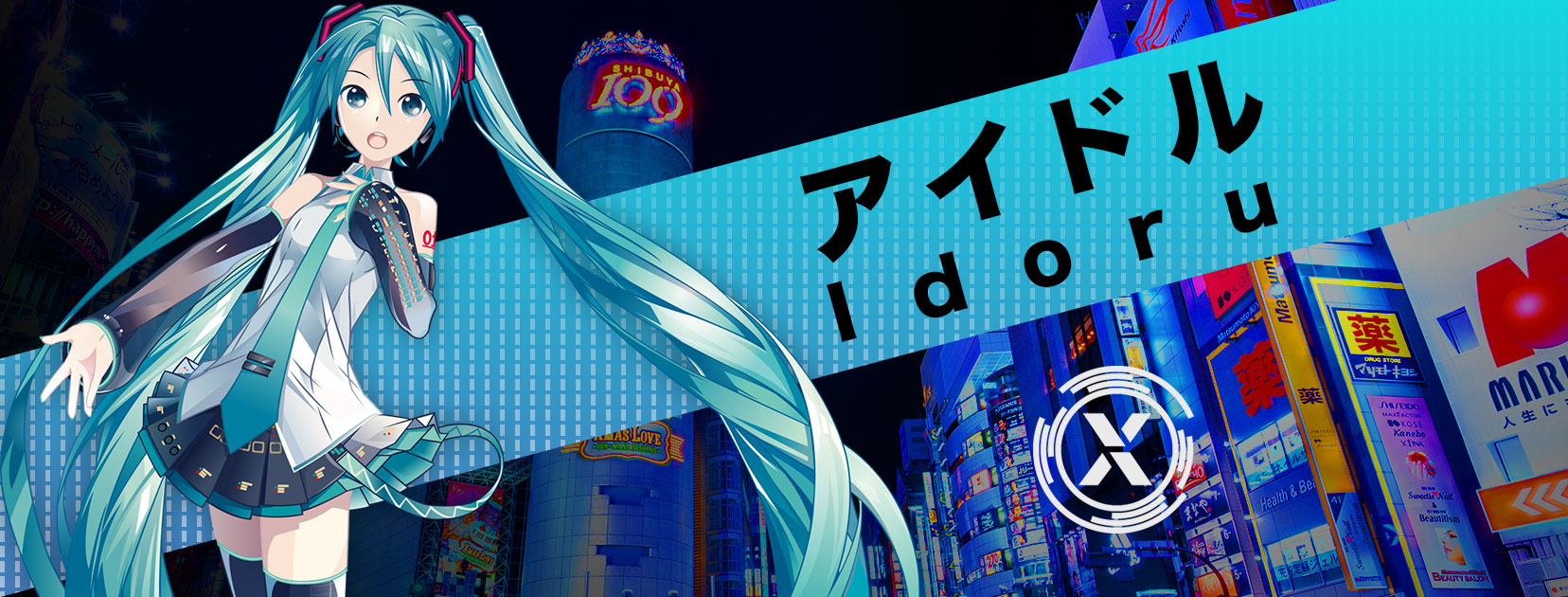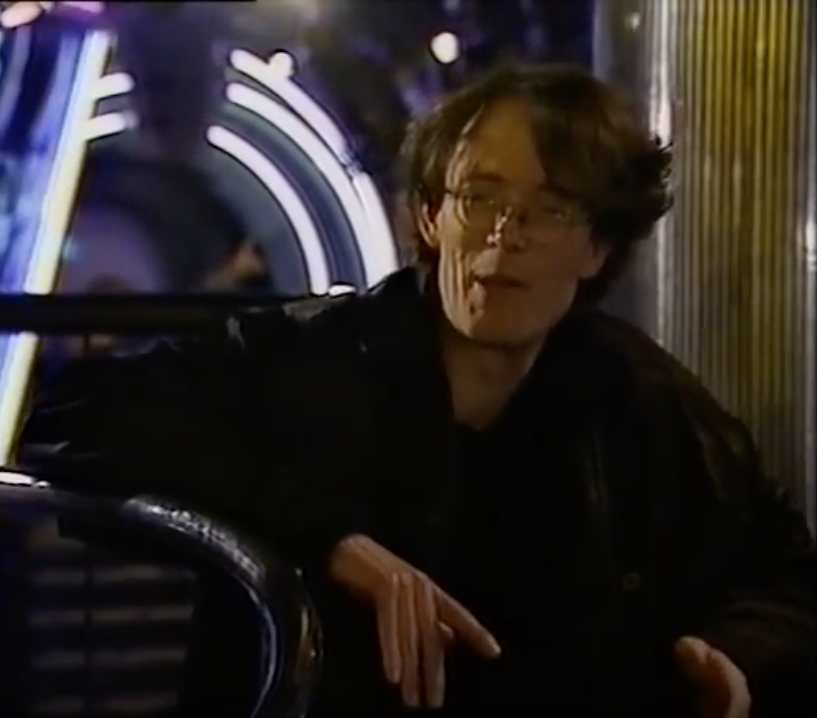
Idoru
William Gibson
“21st century Tokyo, after the millennial quake. Neon rain. Light everywhere blowing under any door you might try to close. Where the New Buildings, the largest in the world, erect themselves unaided, their slow rippling movements like the contractions of a sea-creature…
Colin Laney is here looking for work. He is an intuitive fisher for patterns of information, the “signature” an individual creates simply by going about the business of living. But Laney knows how to sift for the dangerous bits. Which makes him useful—to certain people.
Chia McKenzie is here on a rescue mission. She’s fourteen. Her idol is the singer Rez, of the band Lo/Rez. When the Seattle chapter of the Lo/Rez fan club decided that he might be in trouble in Tokyo, they sent Chia to check it out.
Rei Toei is the idoru—the beautiful, entirely virtual media star adored by all Japan. Rez has declared that he will marry her. This is the rumor that has brought Chia to Tokyo. True or not, the idoru and the powerful interests surrounding her are enough to put all their lives in danger…”
Cyberpunk fiction would not be the same without William Gibson, who is considered by most to be one of the frontmost pioneers of the genre. Gibson writes in an immersive and captivating style that puts the reader in unfamiliar worlds, all while exploring deeply imaginative themes like “late-stage capitalism” and cyberpunk’s favorite “unintended consequences of advanced technology”. Having coined the term “cyberspace”, Gibson’s work has directly and indirectly influenced several high-tech inventions over the past decades.
Book Details
| Month | October 2017 |
| Meetup Date | Saturday October 14 2017 18:00:00 |
| Meetup Location | XION |
| Referer | zanneth |
| Amazon Link | http://a.co/dm35epX |
Bonus Material

|
William Gibson on the Dawn of the InternetIdoru author William Gibson talks about the internet and cyberspace back in 1997. Gibson had some rather prescient ideas for how the web was going to affect modern society. As one of the earliest pioneers of the cyberpunk genre, his predictions contrast sharply with those of science fiction authors who were active in earlier decades, such as Isaac Asimov or Arthur C. Clarke. In particular the dystopian element was not as widespread pre-cyberpunk, and positive, optimistic views of the future were replaced by dreadful and oppressive ones. |